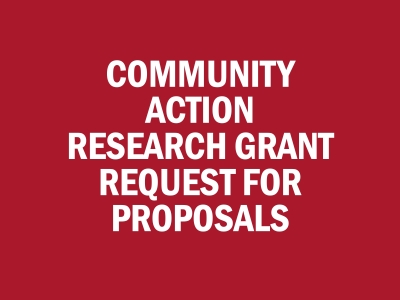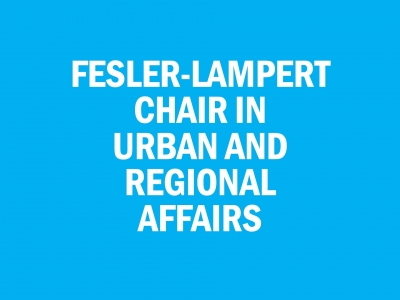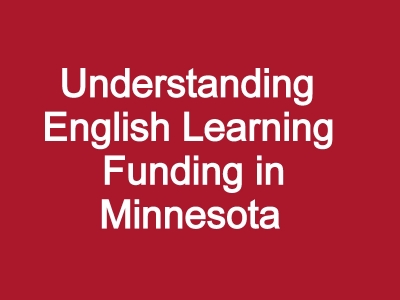The Center for Urban and Regional Affairs (CURA) invites proposals for our Community Action Research Grant (formerly the Faculty Interactive Research Program, FIRP). University of Minnesota faculty are critical resources in exploring issues and concerns important to Minnesota, such as the criminal justice system, demography, state or local economic development, education, employment, energy, the environment, health, housing, state and local government, welfare and poverty, human and social…
The Center for Urban and Regional Affairs (CURA) invites proposals for our Faculty Interactive Research Program (FIRP).University of Minnesota faculty are critical resources in exploring issues and concerns important to Minnesota, such as the criminal justice system, demography, state or local economic development, education, employment, energy, the environment, health, housing, state and local government, welfare and poverty, human and social services, transportation, or land use and development.
The FIRP encourages University faculty to carry out research projects that answer…
The Center for Urban and Regional Affairs (CURA) is pleased to announce the competition for the 2023–2024 Fesler-Lampert Chair in Urban and Regional Affairs, and invites interested faculty from across the University of Minnesota to apply for this award.
The Fesler-Lampert Chair in Urban and Regional Affairs provides one year of support for the research activities of a University of Minnesota faculty member on a project related to urban and regional affairs in Minnesota. Previous holders of the chair have used this support to complete projects on urban environmental policy advocacy in the Twin Cities, employee turnover and retention…
The Center for Urban and Regional Affairs (CURA) invites proposals for our Faculty Interactive Research Program (FIRP). University of Minnesota faculty are critical resources in exploring issues and concerns important to Minnesota, such as the criminal justice system, demography, state or local economic development, education, employment, energy, the environment, health, housing, state and local government, welfare and poverty, human and social services, transportation, or land use and development.
The FIRP encourages University faculty to carry out…
Minnesota’s English Learner student population has consistently grown in recent years and is growing at a faster rate than the total student population. A complex web of funding streams intends to support English Learners; however, concerns have been raised over whether designated funding is reaching English Learners and whether it is providing adequate support. This report aims to address those concerns through the following study aims: 1.) Provide a clear understanding of English Learner funding streams and how the funding is spent, 2.) Get a sense of whether the current funding is meeting students’ needs, and 3.) Offer suggestions of how English Learner funding could be improved.…



